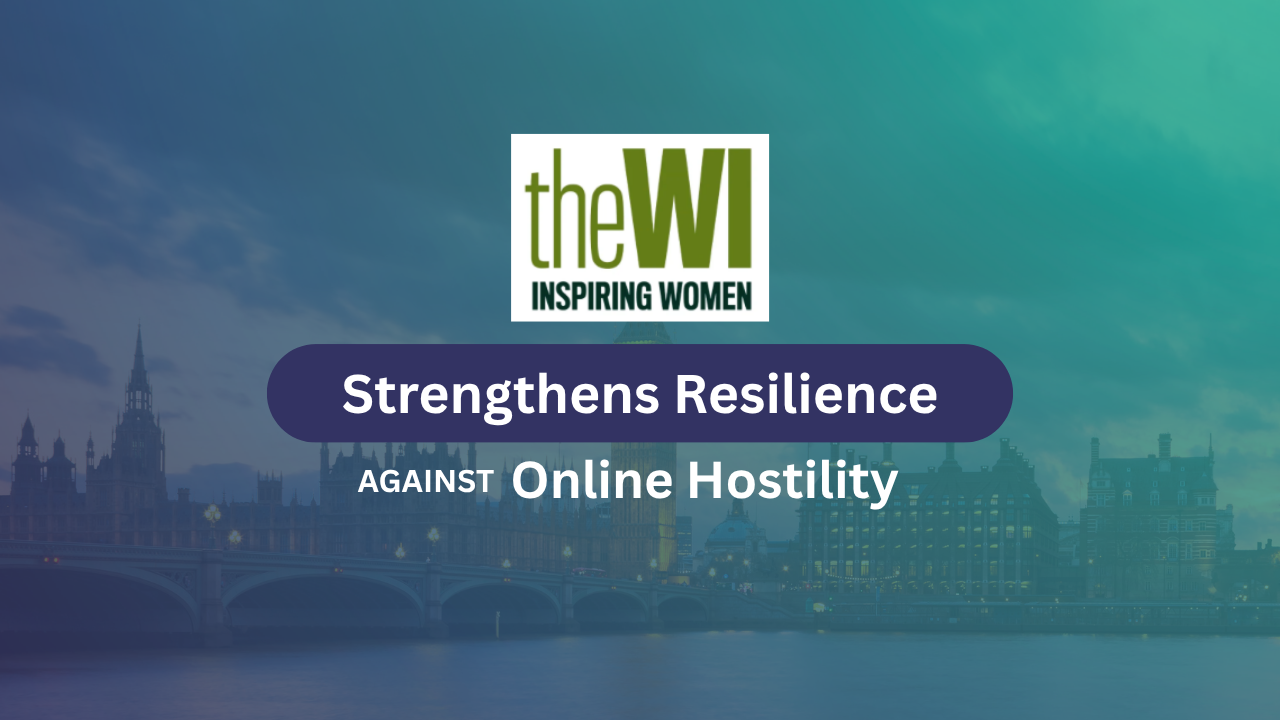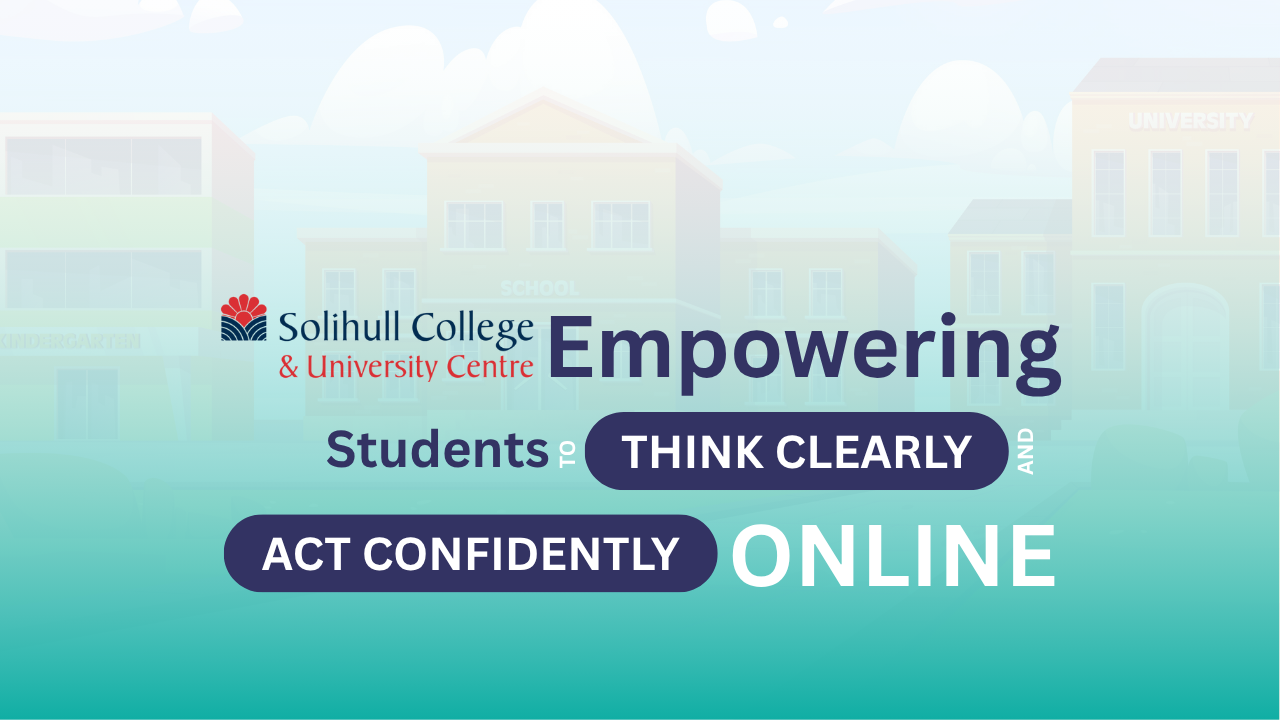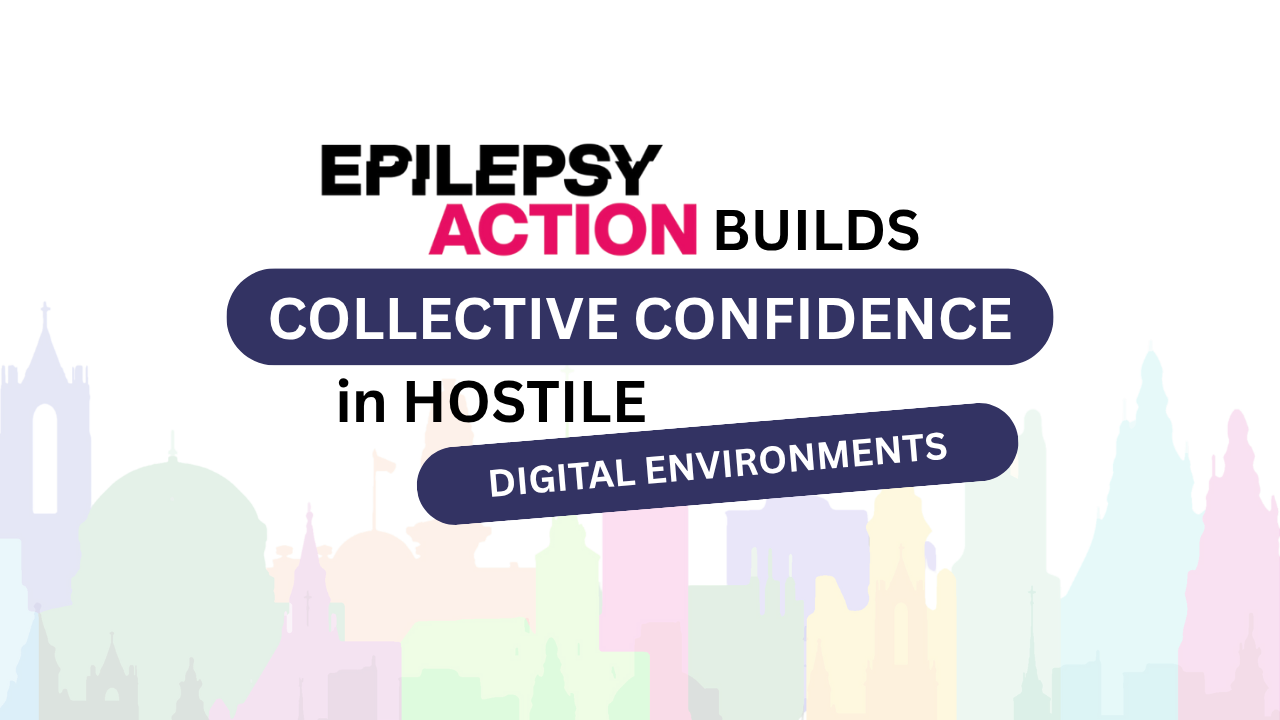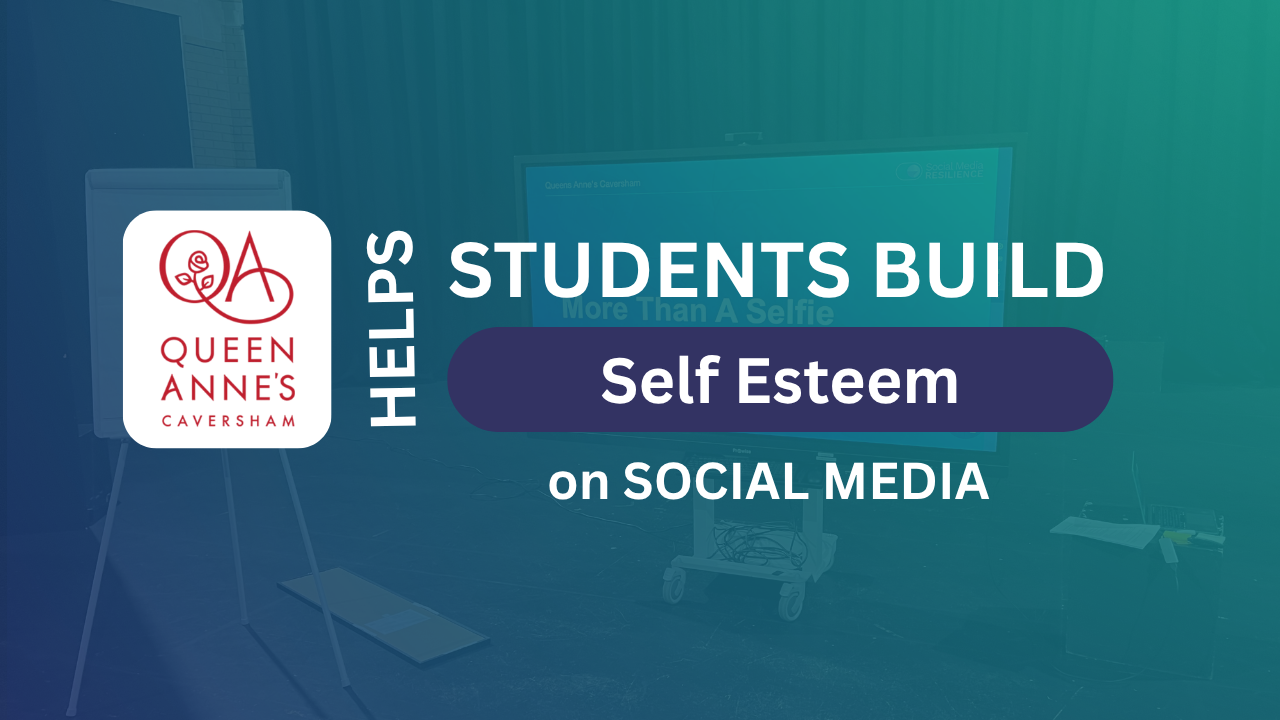The Women's Institute Tackle Online Hostility by Strengthening Organisational Resilience
Location:
Fulham, London, UK
Audience:
Internal staff across communications, membership, and leadership roles
Focus:
Navigating online hostility, digital wellbeing, organisational clarity, and public-facing strategy in a values-led context
The Challenge
In April 2025, the UK Supreme Court confirmed that under the Equality Act 2010, the term "sex" refers to biological sex assigned at birth, and that a Gender Recognition Certificate (GRC) does not legally change that definition. While transgender individuals remain protected under the Act for gender reassignment, the ruling sparked widespread national debate - particularly around the use and governance of single-sex spaces.
For the National Federation of Women’s Institutes (NFWI), this brought renewed scrutiny to its long-standing transgender-inclusive membership policy, which dates back to the 1970s and was formally reaffirmed by members in 2015. As a member-led organisation grounded in democratic decision-making, the NFWI had made its position clear: transgender women are welcome.
Increasingly in the last several years, that inclusive stance has become a point of challenge on social media, and a catalyst in the wake of the Supreme Court decision.
As public discourse intensified, staff across communications, membership, and leadership roles began to experience increasing tension, uncertainty, and emotional fatigue. The team faced difficult, often polarised questions - without a consistent framework to guide response or protect wellbeing.
- When—and how—should the organisation respond publicly?
- How can it uphold inclusion while navigating increasing online hostility?
- What language is legally sound, emotionally supportive, and values-led?
To address these pressures, Karen Lake, Director of People & Culture, engaged Social Media Resilience with a dual focus:
First, to support staff in building the mental resilience needed to navigate a challenging digital environment.
Second, to co-develop a values-led, legally informed, and compassionate digital strategy—one that could help staff respond consistently, uphold the organisation’s ethos, and support both members and colleagues in the face of increasing scrutiny.
Our Approach
The session centred on the Resilient Digital Mindset—a practical framework designed to equip individuals and teams with the tools to navigate digital pressure with calm, clarity, and confidence. Grounded in psychological insight, behavioural science, and real-world digital experience, the session helped participants better understand both how hostility functions online and what it does to the brain in the moment.
One of the most powerful elements of the session was learning how digital platforms are designed to escalate conflict—amplifying emotional triggers, collapsing nuance, and reducing time for reflection. Participants explored how these mechanics affect attention, emotional regulation, and decision-making under pressure, and what can be done to interrupt that cycle.
I learned more about my instinctive reaction to online conflict.
At NFWI, the session created a space for education, reflection, and practical application. Through guided insight, shared experience, and structured exercises, participants explored:
- How digital environments influence emotion, tone, and escalation
- What happens in the brain when we face social threat or conflict online
- What it means to lead with values in public-facing communication
- Strategies to stay composed, intentional, and constructive under pressure
- How to support one another and maintain energy in high-stakes environments
The tone of the session was thoughtful and collaborative—inviting open conversation and providing practical tools that participants could carry back into their work.
It helped me realise we need to support the people behind the replies, not just manage the message.
By developing a resilient mindset and understanding the why behind digital stress, the team strengthened both their communication strategy and their collective wellbeing—gaining renewed clarity in how they show up online, individually and as a values-led organisation.
What We Did
The programme was delivered across three full days, with sessions running at each of Solihull College’s campuses—Blossomfield, Woodlands, and Stratford-upon-Avon. Workshops were scheduled throughout the day to allow students from a range of departments and year groups to attend without disrupting the rhythm of teaching and support.
Each session lasted approximately 50-60 minutes and was delivered in a format that blended guided learning with active participation. This included:
- Short, accessible teaching segments
- Visual storytelling and real-world digital examples
- Group discussion tasks
- Creative reflection and written exercises
- Interactive polling.
The delivery was designed to feel calm and focused, supportive rather than overwhelming. Where possible, workshops were kept small to allow for richer interaction and ensure each student had the space to engage.
Negative online comments are not about me.
Abi led the sessions directly, adapting tone and pace to suit each group. Her facilitation brought clarity, warmth, and expertise to a topic that can often feel emotionally charged and uncomfortable.
The college provided dedicated spaces for delivery and ensured strong communication around the schedule, allowing the programme to run smoothly across all sites. Staff supported the sessions and took away resources to support continuity in conversation beyond the day itself.
Digital Hostility Escalation Protocol
One of the most significant outcomes of the session was the development of a Digital Hostility Escalation Protocol - a clear, practical framework to guide orgnaisational decision making in response to hostile and ambiguous online interactions with confidence and consistency.
The process was consultative and collaborative, shaped in real time through scenario mapping, values alignment, and honest conversation. Together, the team identified common types of digital tension, explored patterns of escalation, and discussed what meaningful, proportionate response looks like, aligned with the organisations values guiding.
The resulting framework included:
- A tiered escalation model – Outlining appropriate responses based on tone, intent, and risk
- Values-aligned tone and messaging guidance – Supporting clarity and consistency across platforms
- Clear thresholds for action – Helping staff know when to respond, when to pause, and when to escalate internally
- Defined roles and responsibilities – Ensuring response is supported, not shouldered alone
- Embedded wellbeing considerations – Including space for reflection, recovery, and emotional support
Having a step-up approach to response helps support staff wellbeing.
Importantly, the protocol reflects both policy and lived experience. It gives staff something to lean on for legal clarity, and emotional safety. And as it becomes embedded into the organisation’s wider wellbeing and communications framework, it lays the foundation for a more confident, compassionate digital culture.
We now have a clear strategy for dealing with difficult comments.
The Impact
The session delivered both immediate and lasting impact building emotional clarity, strategic alignment, and team-wide confidence in navigating online pressure.
At the start of the session, none of the participants reported feeling confident in handling digital conflict. By the end, that number had shifted to 100%. Every attendee left with a clearer sense of how to respond, when to escalate, and how to look after their own wellbeing in the process.
Participants rated the session an average of 4.8 out of 5 across every key area:
- Understanding why hostility escalates online
- Creating emotional distance and managing overwhelm
- Staying composed and looking after wellbeing
- Applying the SHIFT Framework in real digital scenarios
- Overall usefulness and relevance of the training
The qualitative feedback echoed the strength of the experience.
The SHIFT Framework was super helpful - practical and easy to apply.
The most meaningful outcomes was the shift in mindset. Participants shared how the session helped them separate their own emotional responses from the tone of online engagement, offering new perspective and language to navigate conflict constructively.
With the Digital Hostility Escalation Protocol in development and the tools of the Resilient Digital Mindset in hand, the team now moves forward with renewed clarity, equipped to respond, and to lead online with confidence, care, and composure aligned with the organisations mission and position.
Very thorough training that covered both individual resilience and organisational response.
Looking Ahead
For organisations like NFWI—whose purpose includes advocacy, representation, and public engagement—digital visibility is both necessary and increasingly complex. Holding a clear, values-led position in today’s online landscape means navigating not just disagreement, but the risk of misinterpretation, emotional intensity, and coordinated hostility.
As public platforms amplify a wide range of voices, organisations that speak up often become the focal point of escalating conversation, regardless of intent or tone. Even well-crafted messages can attract pile-on responses, placing pressure not only on public reputation, but on the individuals tasked with managing those interactions behind the scenes.
This training marked a critical step in preparing for that complexity—not by backing away from engagement, but by ensuring the people within the organisation feel supported, equipped, and aligned in how they respond.
Looking ahead, NFWI is committed to strengthening its internal capability and evolving its digital strategy to reflect both its values and the demands of the modern information environment. As more organisations step into advocacy roles, this kind of internal clarity—paired with emotional resilience—will become essential to leading with purpose in a hyper-visible world.





